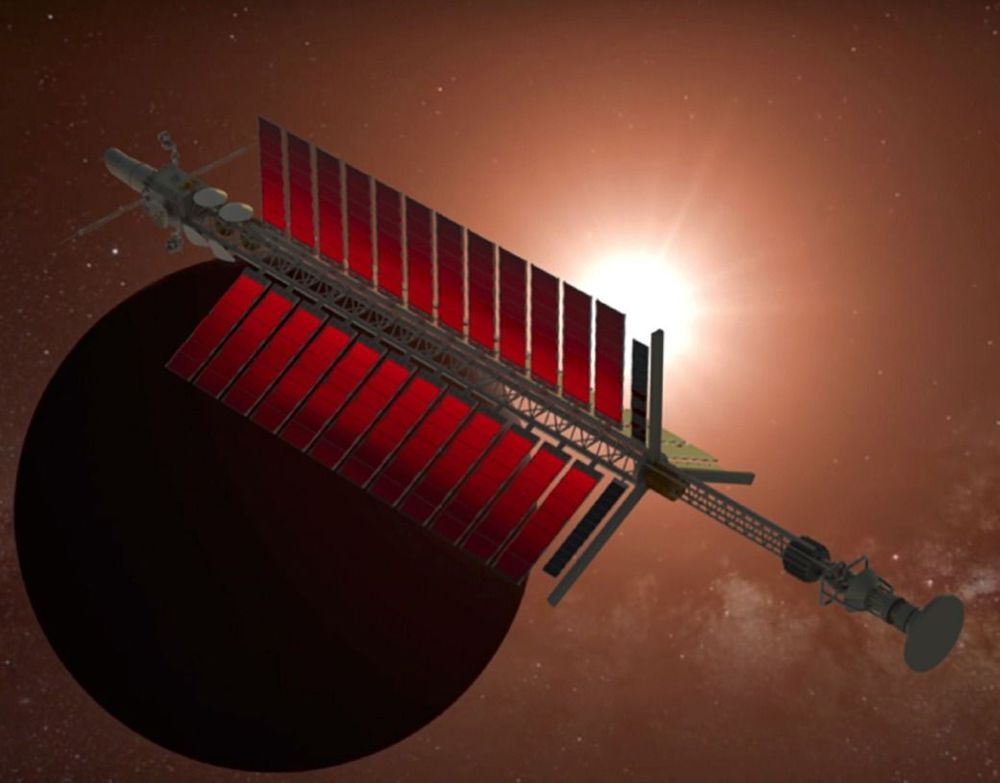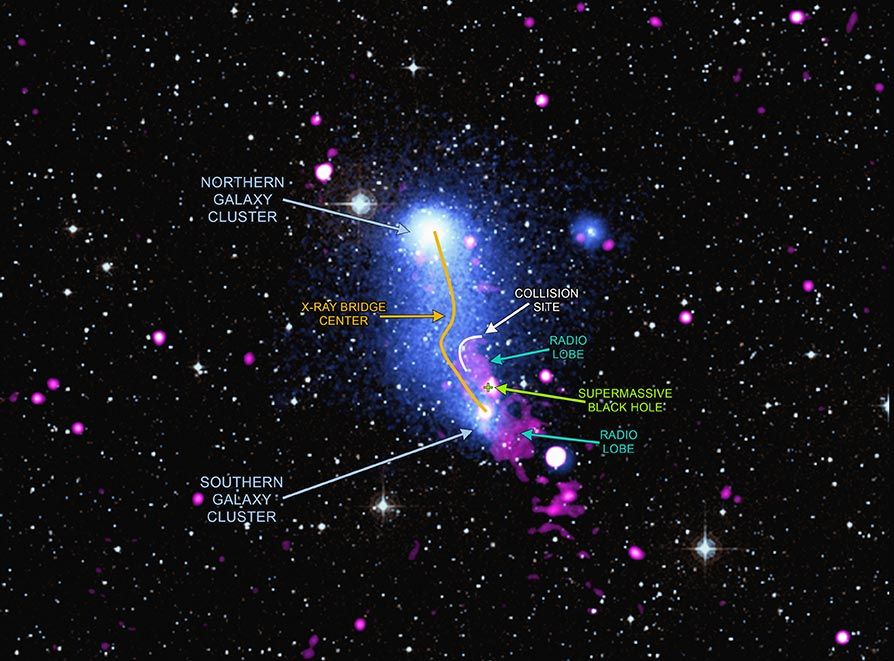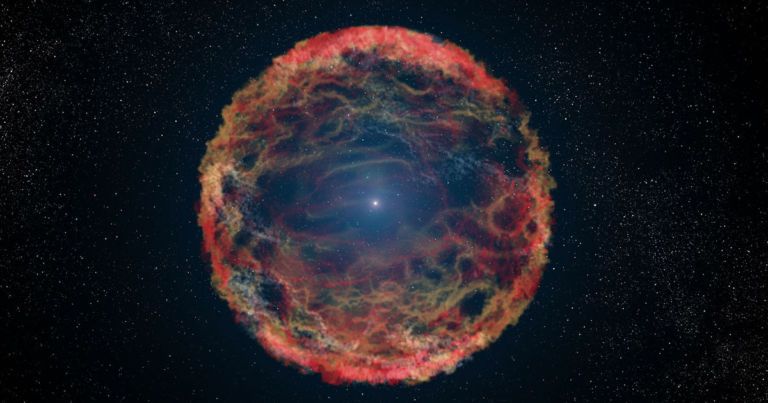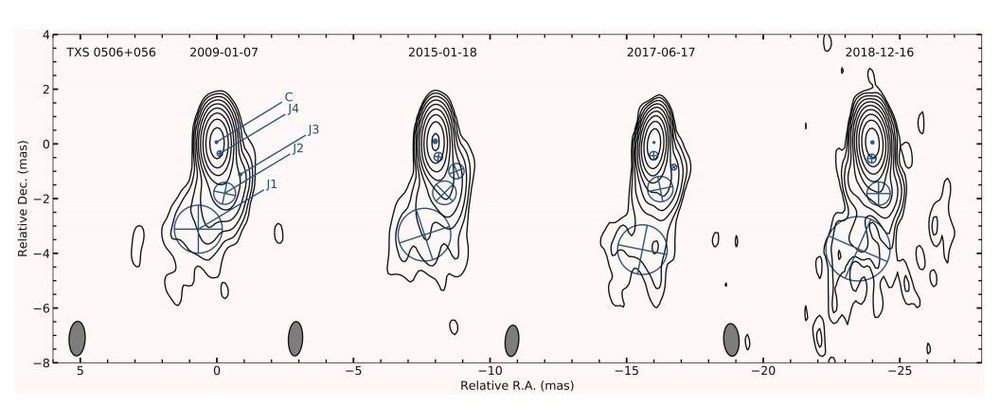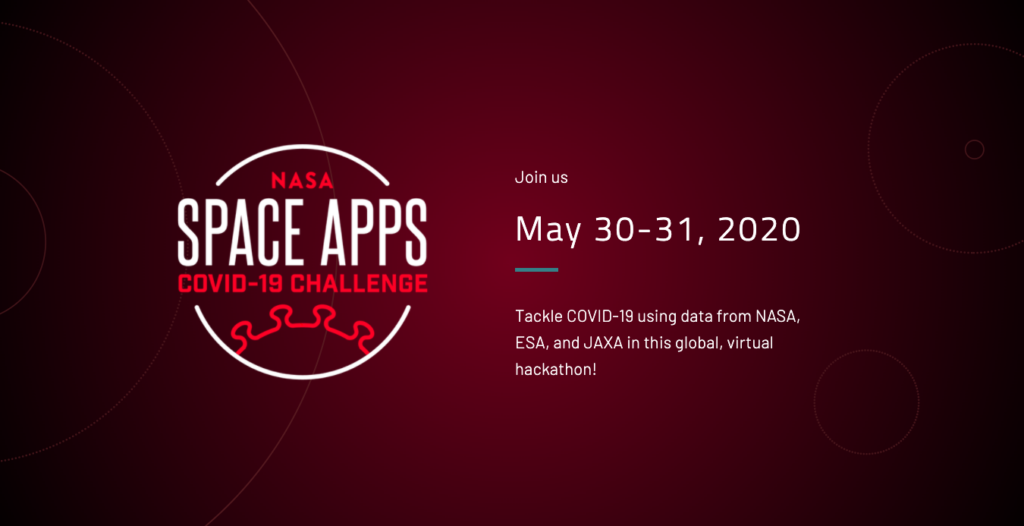Education Saturday with Space Time.
To quote eminent scientist Tyler Durden: “On a long enough timeline, the survival rate for everyone drops to zero.” Actually… not necessarily true. If the quantum multiverse is real there may be a version of you that lives forever.
F we can’t ever peer into these other realities that are used to explain quantum mechanics, how do we know they exist? In order to understand what happens to those different branches, and to understand why we find ourselves in one of them, we need to embrace one of the interpretations of quantum mechanics. For example, the Copenhagen interpretation, which says that thefunction branches that we don’t observe somehow vanish at the moment of measurement. Or the Many Worlds Interpretation, which states that those other branches are just as valid as ours – implying that reality may split and multiply in all possible ways. In that case, we only see one branch because we live in that branch, and the others are rendered inaccessible by decoherence. But today I’m going to offer a test. Admittedly NOT a very useful one – but one that’s fun to think about. We’ll call this test quantum immortality. It’s based on the famous Schrodinger’s cat thought experiment.

